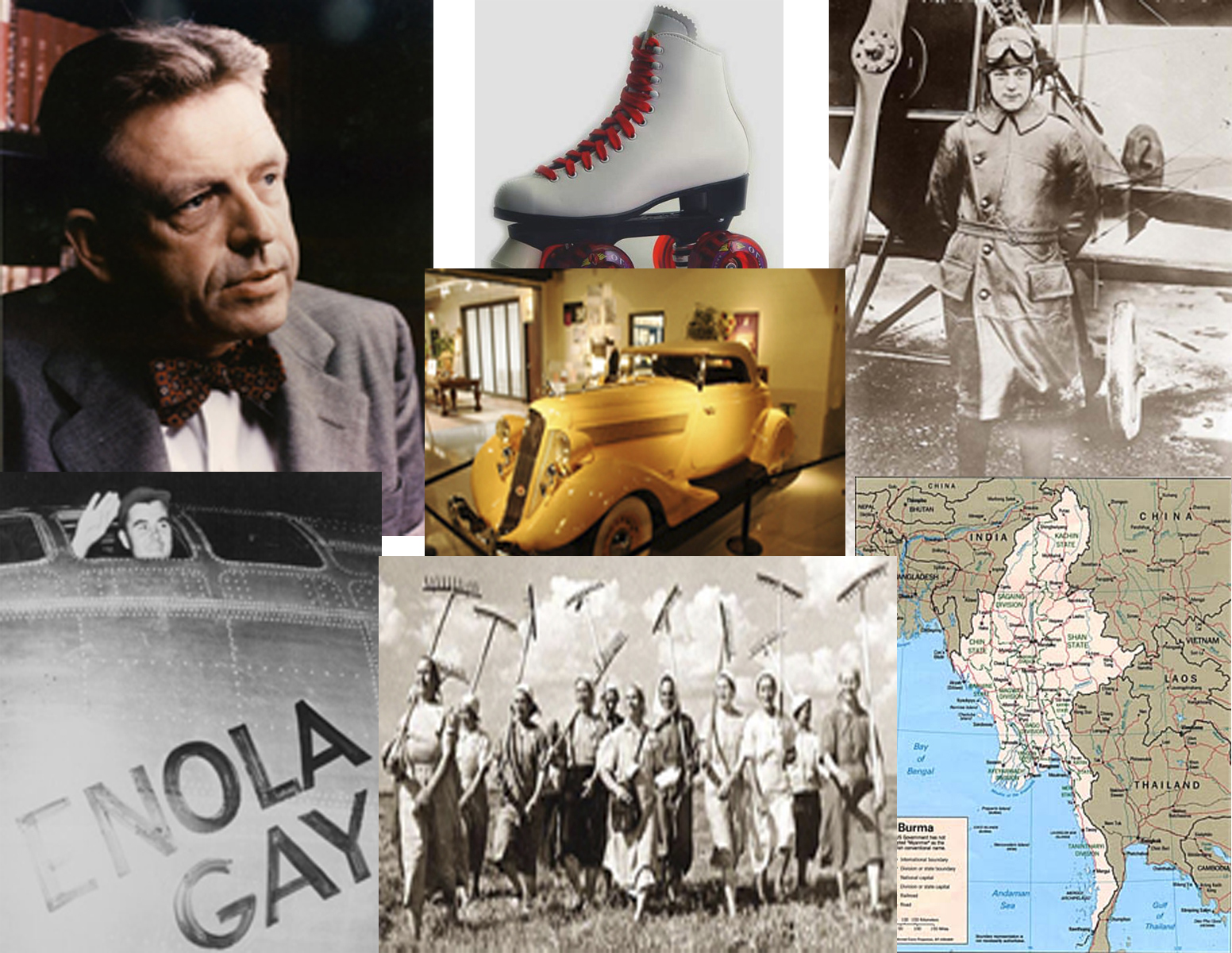Hart, Joan, June 19, 2014
- Component Identifier:
- 14-012
- Interviewer:
- Colom, Gloria
- Scope Note:
-
Joan Hart is an art historian and textile specialist. Hart first met Vincent and Elinor Ostrom in Bloomington through political science department parties. Soon after meeting Vincent Ostrom, recognized a connection to Hart through Hart's uncle while they were both at the University of Oregon. Throughout the interview there is discussion of the Ostroms' hobbies such as collecting Native American artifacts like baskets, some of these baskets went on exhibit at the Mathers Museum. Hart goes into detail about the Ostroms' hobby of woodworking, how they were taught, their architectural influence and the pieces the Ostroms' had built which were used throughout the house. This leads to a discussion about the functions of the Ostrom house and the parties they liked to host. Further on Hart describes her time on the schoolboard, how Elinor Ostrom was helpful throughout her campaign. This leads to a discussion about Elinor's recognition for the Nobel Prize and the disparities between men and women in the academic setting. The interview concludes with Hart discussing many examples of Elinor Ostrom's generosity.
- Language:
- English .
- Physical description:
- 12 pages; 2 .wav files, 49 minutes; no index
Access and use
- Restrictions:
-
Open
- Terms of access:
-
The archive of the Center for Documentary Research and Practice at Indiana University is open to the use of researchers. Copies of transcript pages are available only when such copies are permitted by the deed of gift. Scholars must honor any restrictions the interviewee placed on the use of the interview. Since some of our earlier (pre-computer) transcripts do not exist in final form, any editing marks in a transcript (deletions, additions, corrections) are to be quoted as marked. Audio files may not be copied for patrons unless the deed of gift permits it, and a transcript is unavailable for that interview. The same rules of use that apply to a transcript apply to the audio interview. Interviews may not be reproduced in full for any public use, but excerpted quotes may be used as long as researchers fully cite the data in their research, including accession number, interview date, interviewee's and interviewer's name, and page(s).
- Parent restrictions:
- Access varies by interview.
- Parent terms of access:
- The archive of the Center for Documentary Research and Practice at Indiana University is open to the use of researchers. Copies of transcript pages are available only when such copies are permitted by the deed of gift. Scholars must honor any restrictions the interviewee placed on the use of the interview. Since some of our earlier (pre-computer) transcripts do not exist in final form, any editing marks in a transcript (deletions, additions, corrections) are to be quoted as marked. Audio files may not be copied for patrons unless the deed of gift permits it, and a transcript is unavailable for that interview. The same rules of use that apply to a transcript apply to the audio interview. Interviews may not be reproduced in full for any public use, but excerpted quotes may be used as long as researchers fully cite the data in their research, including accession number, interview date, interviewee's and interviewer's name, and page(s).
- Preferred Citation:
-
[interviewee first name last name] interview, by [interviewer first name last name], [interview date(s)], [call number], [project name], Center for Documentary Research and Practice, Indiana University, Bloomington, [page number(s) or tape number and side if no transcript; if digital audio and no transcript, cite time when quote occurs].
- Location of this collection:
-
Franklin Hall 0030B601 East Kirkwood AvenueBloomington, Indiana 47405, United StatesVisit Center for Documentary Research and Practice
- Contact:
- 812-855-2856
